Scotland's peatlands Endangered beauty and key to climate protection
Scotland's landscapes are breathtakingly beautiful. Majestic mountains, sparkling lochs and sweeping coastlines are joined by the rugged, unspoilt charm of the country's moors. Covering more than 20 per cent of the country, they are often underestimated. As well as providing a valuable habitat for rare plants such as peat moss and animals such as the Eurasian curlew and golden plover, they play a key role in climate change mitigation and water quality.
Intact peatlands store huge amounts of carbon - around 1,600 million tonnes in Scotland alone. This is equivalent to around three times the annual CO₂ emissions of the whole of the UK. They therefore play a vital role in sequestering greenhouse gases and slowing climate change. At the same time, they act like natural sponges, absorbing water, filtering pollutants and helping to improve the quality of drinking water.
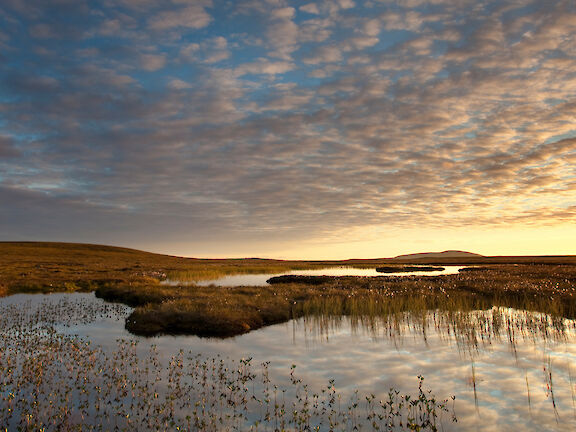
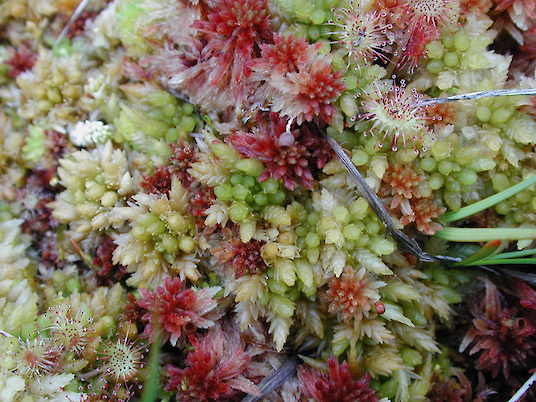
Our collaboration with the Scottish Wildlife Trust
However, it is estimated that more than 80 per cent of Scotland's peatlands are in a degraded state. Drainage, cultivation and development have taken their toll on these important ecosystems over time.
This makes it all the more important to protect and restore these valuable habitats. Since 2025, we have therefore been supporting the Scottish Wildlife Trust, Scotland's leading nature conservation organisation, in achieving precisely this goal.
Our partnership focuses on two peatland sites: Cander Moss, about 30 minutes from Glasgow, and Bankhead Moss, about an hour from Edinburgh.
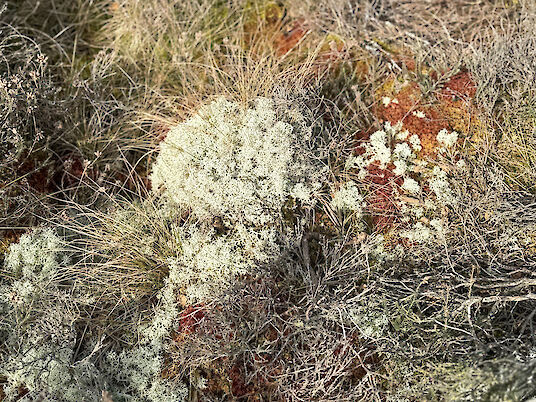
Challenges in Cander Moss and Bankhead Moss
At Cander Moss, a rare lowland raised bog, the fragile ecosystem is being threatened by the invasion of birch trees. The trees extract water from the moss, causing it to dry out and endangering the native flora.
In the Bankhead Moss raised bog, trampling damage threatens the specialised vegetation that is important for peat formation on the one hand and leads to soil compaction on the other. This damage significantly impairs the peatland's ability to store water and carbon effectively, jeopardising its central role in climate protection and the water balance.
Lightnet UK in action at Cander Moss
Our team from Lightnet UK pulled up their sleeves and headed to Cander Moss in March 2025. Together with Chris and Sarah from the Scottish Wildlife Trust, they worked hard to remove the overgrown birch trees.
A big thank you to both of them for their expert guidance and the fascinating insights into the importance of moorland landscapes. You can find out more about the work of the Scottish Wildlife Trust here.
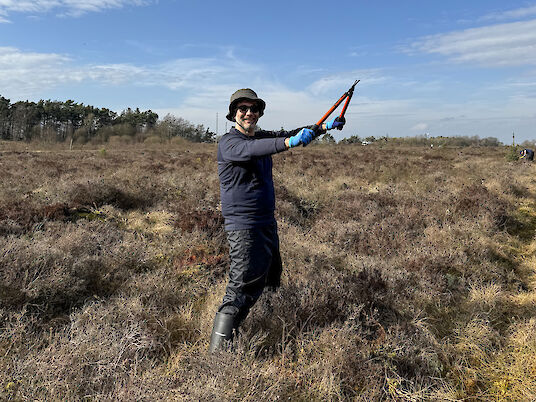
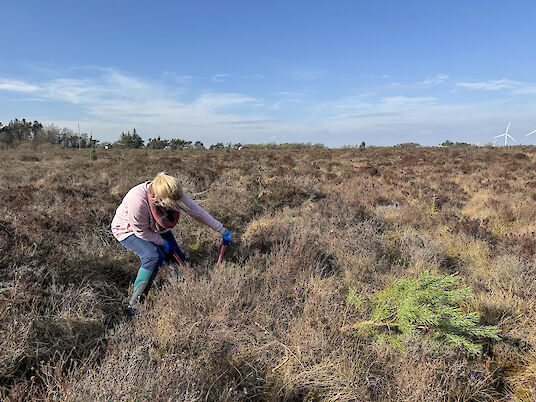
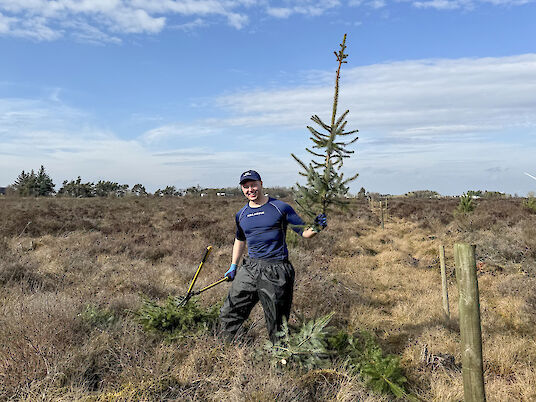
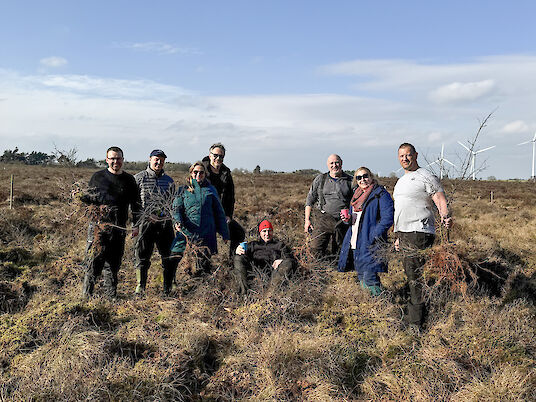
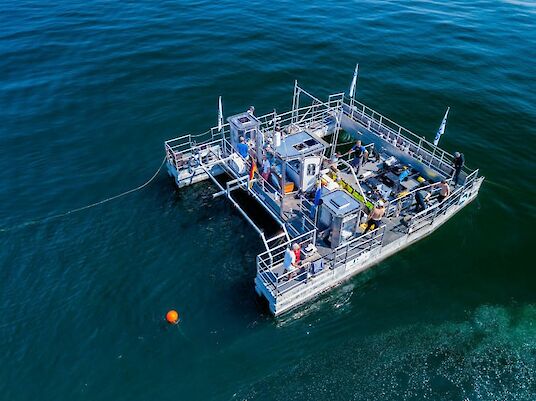
Our partnership with One Earth One Ocean
A project that is close to our hearts: since 2024, Lightnet Germany has been supporting the One Earth One Ocean association and the ‘SeeKuh’ cleaning ship, which removes ghost nets from the Baltic Sea.